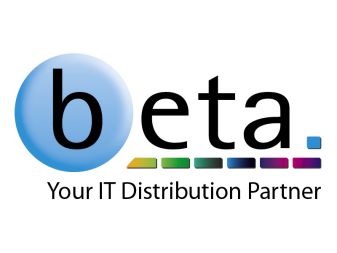 Beancounters at Deloitte arewarning companies against a ‘fake president’ scam which apparently is rather convincing and has claimed several reseller scalps.
Beancounters at Deloitte arewarning companies against a ‘fake president’ scam which apparently is rather convincing and has claimed several reseller scalps.
According to a Deloitte press release, the scam works by convincing an employee of a company to make an emergency bank transfer to a third party under the guise of paying off a company debt, sealing a contract or making a deposit.
Deloitte’s said: “We wish to draw the attention of our clients and suppliers to a wave of frauds affecting many companies at the moment. We recommend our clients and suppliers to stay vigilant.
“These type of frauds are created by well-organised criminal organisations with a complete knowledge regarding the market, structure and customers of the companies they are attacking,” it added. “This knowledge is used to give them all necessary arguments to convince their victim and act in the wanted direction,”.
The scam gets its name from the fact that the fraudsters impersonate a group executive such as the president, CEO or CFO or a trusted partner such as lawyers, auditors, accountants of the company.
They contact a specific employee’s company by reaching a manager or any employee by phone (imitating a voice) or emails (using the company signature), requesting an urgent bank transfer to a foreign bank account.
The transfer is then done manually using a direct phone call or fax to a bank. They usuallu use the victim’s company procedures for urgent business transactions.
Deloitte said there were several ways to avoid falling victim to this scam, including making all staff aware of the issue, and ensuring they respect standard working procedures.
It was important to verify the legitimacy of the request by calling back the person using the contact information stored in the contacts and not use the phone numbers the scammers give you.
It seems to us that it is just a more personal version of the Nigerian scam, but apparently it is a lot more successful, presumably because it is done over the phone by someone who sounds like they could be the real deal.
 Enterprise security leaders in the UK are focused on cloud security, building up resilience against threats and aligning cybersecurity strategies with overall business goals.
Enterprise security leaders in the UK are focused on cloud security, building up resilience against threats and aligning cybersecurity strategies with overall business goals.
















